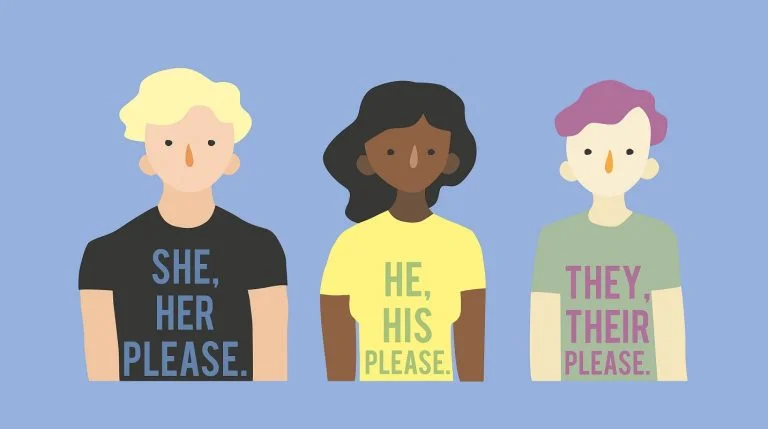Coerced Sterilisation of First Nations Women
This October, two First Nations women filed a lawsuit against the Saskatoon Health Region in Canada for coerced sterilisation. This legal action, which claims the women were subject to systemic racism, follows a report released on the 22nd July 2017 by Dr. Yvonne Boyer and Dr. Judith Bartlett (both indigenous, of Metis descent) titled ‘Tubal Ligation in the Saskatoon Health Region: The Lived Experience of Aboriginal Women’. Boyer and Bartlett’s report was the product of a six month long review, during which sixteen indigenous women came forward with experiences of pressure from the Health Region to undergo sterilisation surgery. The women interviewed felt ‘that the health system had not served their needs, and they had felt powerless to do anything about it’. The health system abused its power on racist and sexist grounds – and this had profound consequences for the women involved.
Tubal ligation, colloquially known as having one’s tubes tied, is a medical procedure in which the fallopian tubes are clamped or severed, so that eggs are prevented from implanting in the uterus. It usually requires anaesthesia and is largely irreversible. In many cases, it is no small decision to make. The First Nations women involved, however, experienced harassment, scare tactics, and pressure to undergo tubal ligation from medical and social professionals. Some women were asked to agree during labour or shortly after delivery. One woman reported she was asked to consent to sterilisation surgery after being given an epidural for labour pains. Brenda Petellier, a Metis woman who underwent tubal ligation at the Royal University Hospital in 2010, recalled that medical professionals ‘made it pretty clear they didn’t want [her] discharged until [her] tubes were tied’. Many women believed the sterilisation to be temporary. Some agreed to the surgery because they were ‘too tired and overwhelmed to fight any longer’. Important note: agreement is not consent if it is uninformed, and if it comes under the influence or under duress.
Regardless of intention, the coerced sterilisations assert a power disparity. In non-consensually sterilising First Nations women, the Saskatoon Health Region silences their knowledge and agency, places controls on their bodies, and opens the door to profoundly painful emotional consequences. One woman, unnamed in Boyer and Bartlett’s report, felt ‘crushed and helpless’, and another ‘still feels and relives the incident’ years later.
Sadly, this is not the first time Canada has enforced sterilisation. In 1928, the Alberta Sexual Sterilization Act was passed to allow the sterilisation of ‘unfit’ people: those non-white, non-affluent, non-Anglo-Saxon, disabled, unmarried, or unemployed. An amendment in 1937 allowed such procedures to occur without consent, provided the subject was deemed mentally defective – and this determination was often made on racist grounds. Between 1928 and 1972, over 2800 people were sterilised. Despite making up only 2.3% of the population in this period, indigenous people made up 25% of those sterilised. We might call this genocide.
The Saskatoon Health Region issued an apology in July this year to the First Nations women affected by their practices. Jackie Mann, the vice president of integrated services for the region, apologised to the women who came forward, and to those who hadn’t yet been able to do so. She stated, ‘No woman should ever be treated the way you were treated. I know that those are only words unless you hear of action, and today we commit to you to make positive change, and fulfil the spirit of [Boyer and Bartlett’s] report’. Mann is right; an apology pales in the face of coercion, emotional trauma, systemic and institutionalised racism, and genocide. While it is reassuring to hear an acknowledgement of serious error, and an apology to address it, the Saskatoon Health Region must take action against their own racism, against their continued contribution to internal colonisation, and against their control of women’s bodies. They must address their abuse of power. They must – like far too many others – learn the importance of consent, and, most of all, adhere to it.
Title image of Jackie Mann, via The Star Phoenix





